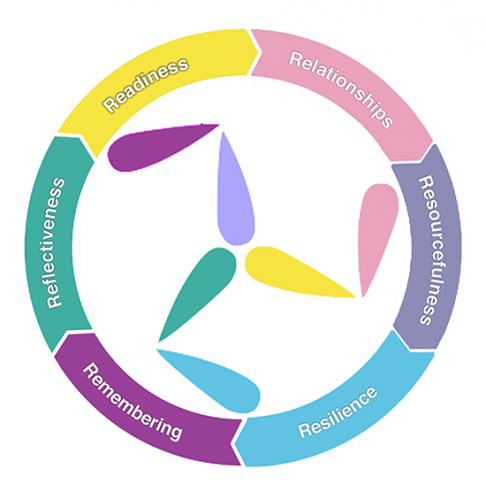The pupils in our schools currently are growing up in a fast-changing world. As they become adults, today’s students will be expected to navigate high levels of complexity, challenge and personal responsibility. As educators, it is our job to provide young people with the resources they need to thrive in such an environment. We need to help to build minds that are up to dealing with uncertainty and confusion and encourage young people to demonstrate transferable skills, able to be applied across contexts.
Physical muscles have to be exercised to develop strength and stamina and this contributes to your overall fitness. If muscles are not used through lack of opportunity they can wither and your health suffers. Neuroscience draws parallels with these ideas when considering how students learn.
The Department of Education, Sport ad Culture’s 6Rs (learning dispositions) can be thought of as being comprised of different learning muscles. Like physical muscles these can be developed if learners are given appropriate opportunities to exercise them as they learn. Pupils, therefore, need frequent and systematic opportunities to develop being empathetic, being logical, being curious etc.
The Department has not mandated the way such learning muscles should be described in schools. Schools may refer to these ‘learning to learn’ skills in a range of ways - what’s important is that pupils have a language with which to describe their own learning and that it is consistent across the school. In this way, pupils learn to understand and articulate how they learn and in doing so build their capacity for learning.
It is intended that as a result of experiencing the curriculum and the way it is delivered, young people will develop as individuals in all 6 dispositions over their learning journey.
What are the dispositions?
|
|
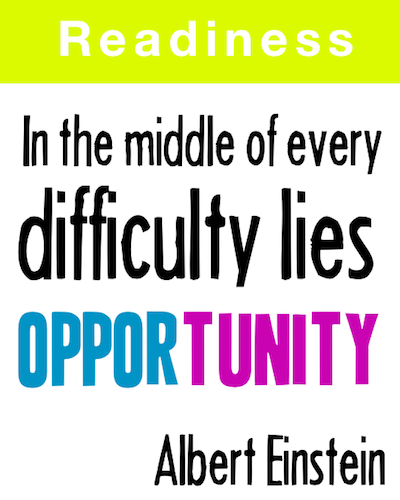
|
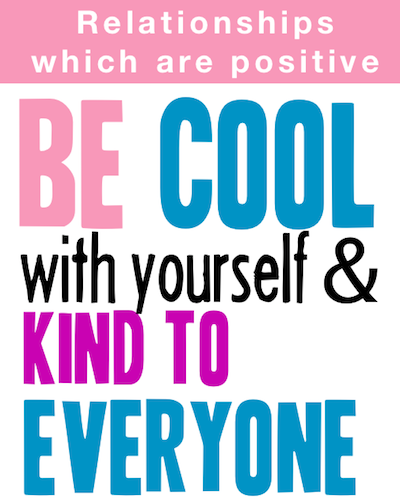
|
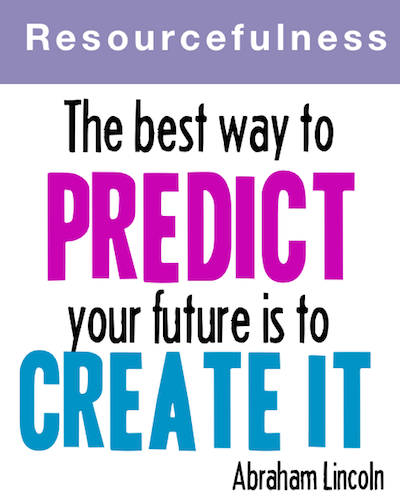
|
|
|
For example, demonstrating;-
|
For example, demonstrating;-
|
For example, demonstrating;-
|
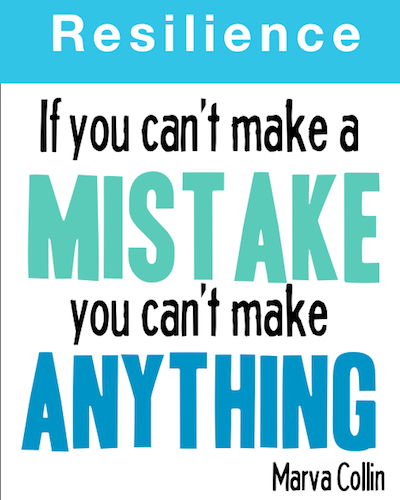
|
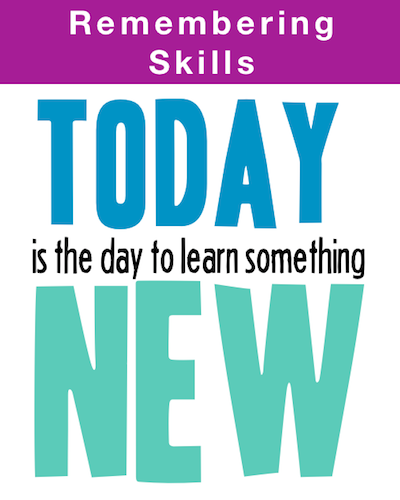
|
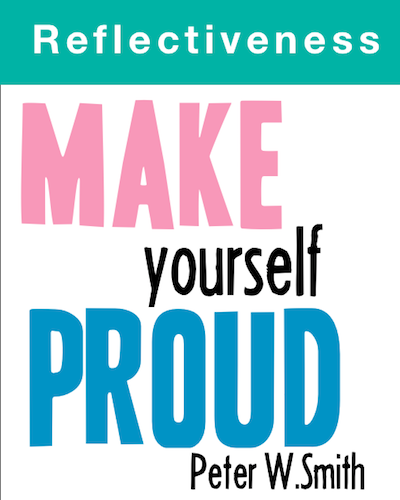
|
|
|
|
For example, demonstrating;-
|
For example, demonstrating;-
|
For example, demonstrating;-
|
